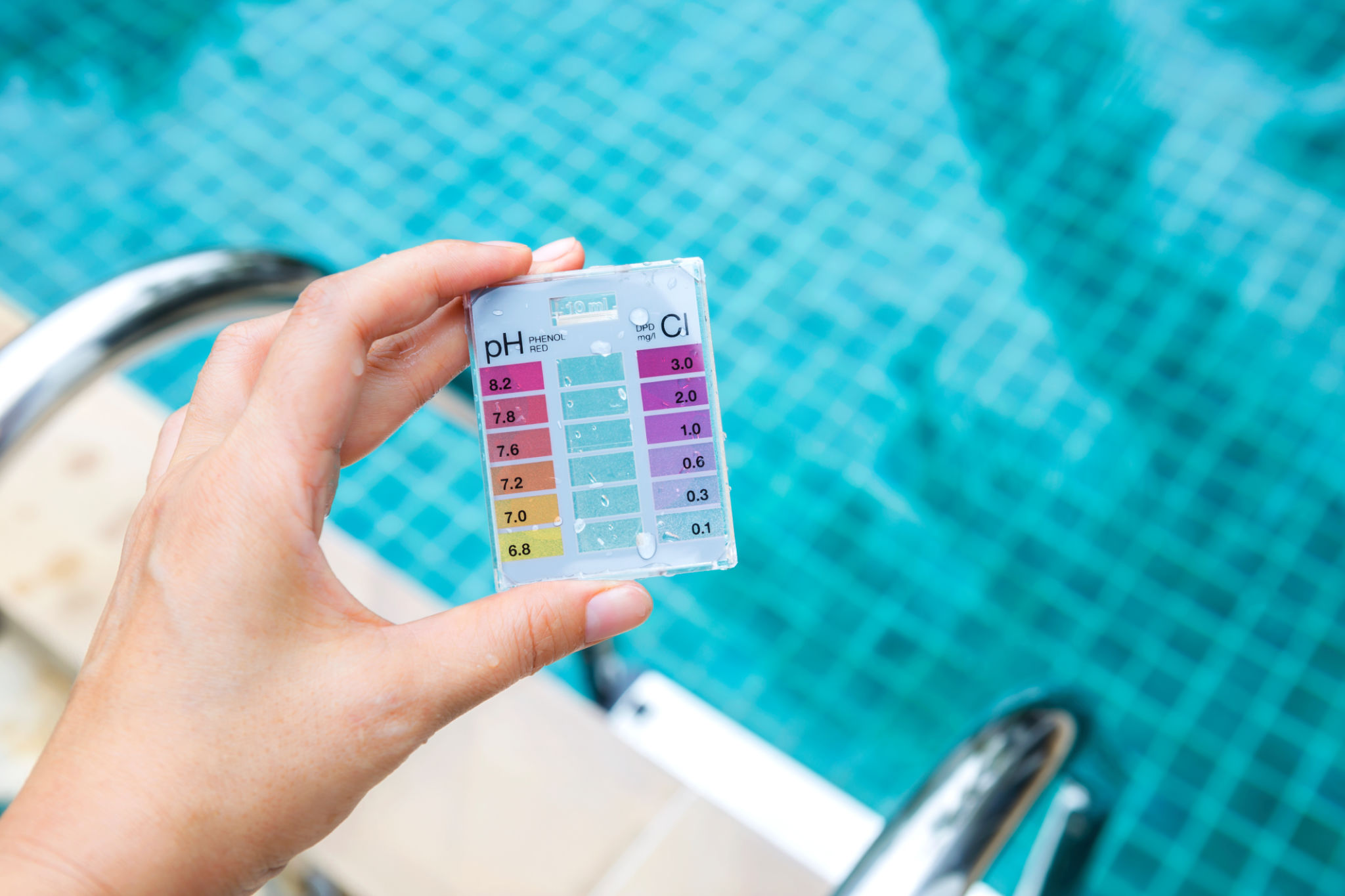Understanding Pool Chemistry: A Beginner's Guide for Plant City Residents
Introduction to Pool Chemistry
For residents of Plant City, maintaining a pristine swimming pool is not just about aesthetics—it's crucial for health and safety. Understanding pool chemistry can seem daunting for beginners, but with some basic knowledge, you can ensure your pool remains a safe and enjoyable space during the hot Florida summers.

The Basics of Pool Chemistry
At its core, pool chemistry involves balancing various chemicals to ensure clean and safe water. The main components you'll need to monitor are chlorine levels, pH balance, alkalinity, and calcium hardness. Each of these factors plays a critical role in maintaining the overall health of your pool.
Chlorine Levels
Chlorine is essential for keeping your pool free from harmful bacteria and algae. Ideally, chlorine levels should be maintained between 1.0 and 3.0 parts per million (ppm). Regular testing can help you adjust the levels as needed, ensuring your pool remains sparkling clean.

pH Balance
The pH level of your pool water should be slightly alkaline, between 7.2 and 7.8. A balanced pH prevents irritation to the skin and eyes and ensures that your pool equipment remains in good condition. If the pH is too high or too low, it can affect chlorine's effectiveness.
Understanding Alkalinity and Calcium Hardness
Total alkalinity acts as a buffer for pH levels, helping to stabilize them. It should generally be kept between 80 and 120 ppm. Keeping alkalinity in check prevents rapid pH changes, known as "pH bounce."

Calcium Hardness
Calcium hardness refers to the dissolved calcium in your water. The ideal range is 200-400 ppm. If calcium levels are too low, it can lead to corrosion of pool surfaces and equipment; too high, and you risk scaling on those same surfaces.
Regular Testing and Maintenance
To maintain proper pool chemistry, regular testing is essential. Using a reliable pool testing kit or strips can help you monitor chemical levels accurately. Many Plant City residents find it helpful to set a weekly schedule for testing and adjusting their pool's chemistry.
- Test chlorine and pH levels at least twice a week.
- Check alkalinity and calcium hardness monthly.
- Adjust chemicals as needed based on test results.
Hiring Professional Help
If managing pool chemistry seems overwhelming, consider hiring a professional pool service. They can ensure your pool remains clean and safe year-round while freeing up your time to enjoy it. Many services offer regular maintenance packages tailored to meet the specific needs of Plant City residents.

Conclusion
Understanding pool chemistry is fundamental for maintaining a safe and enjoyable swimming environment. By keeping an eye on the key factors—chlorine, pH, alkalinity, and calcium hardness—you can prevent common issues and enjoy your pool throughout the year. Whether you choose to manage it yourself or hire professionals, maintaining your pool’s chemistry is an investment in safety and fun.
